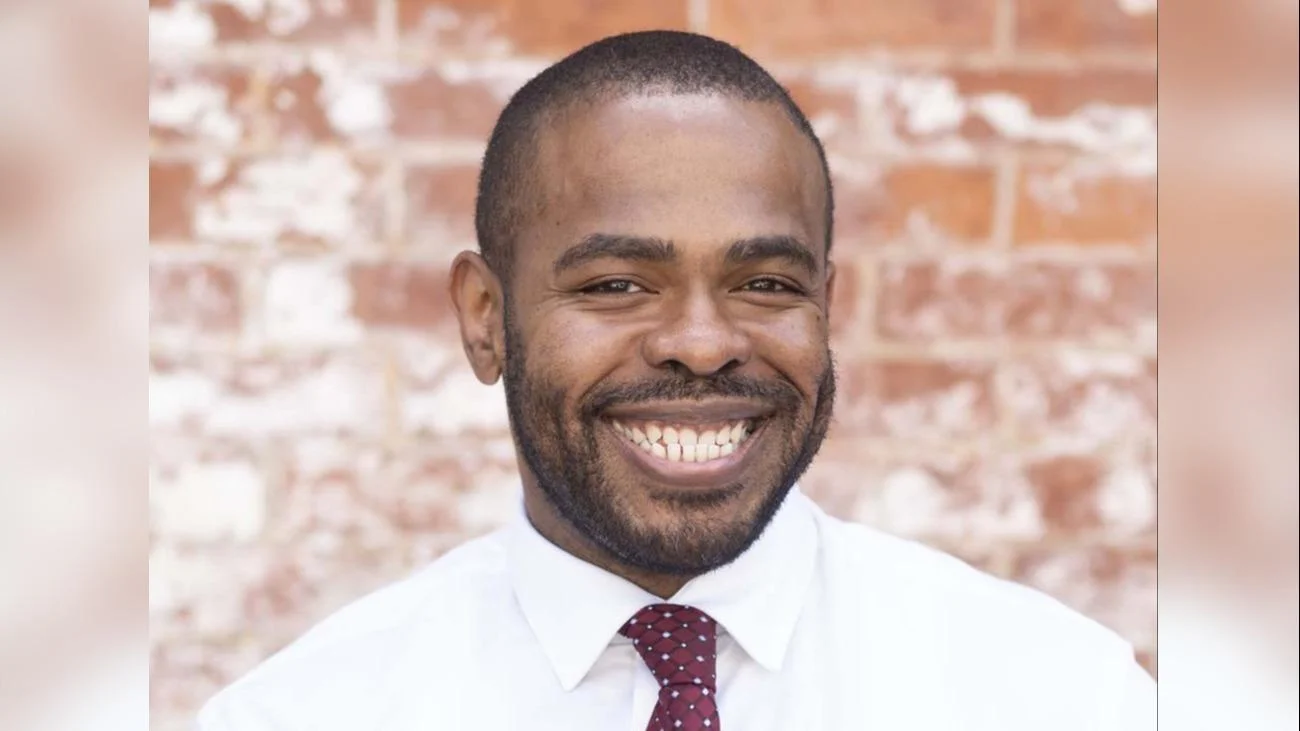
Preeclampsia, a serious pregnancy complication, affects many women annually. It can cause high blood pressure, organ damage, seizures, and even death if not detected early. The current diagnostic methods have remained largely unchanged for over a century, relying on blood pressure checks and urine protein tests. These methods are not always reliable, leading to misdiagnoses.
Biomarkers offer a promising solution. They are signals in the body that can indicate when something is wrong. For preeclampsia, specific biomarkers could help identify the condition before it becomes dangerous. This would allow doctors to catch preeclampsia earlier, assess its severity, avoid unnecessary hospital visits, and ensure the safety of mothers and babies.
Researchers have identified some promising biomarkers for preeclampsia; however, these tests are not yet widely used. The Preeclampsia Foundation is advocating for prioritizing biomarker testing by urging doctors, researchers, hospitals, insurance companies, and government leaders to take action. They emphasize the need for more research funding, faster approval of new tests, and better access for all pregnant women—particularly Black and Native American women who face higher risks.
The foundation encourages pregnant individuals or those planning to conceive to discuss preeclampsia with their doctors and stay informed about the latest testing advancements. Supporting the Preeclampsia Foundation's efforts can contribute to improving care for mothers and babies.
Trashaun's story highlights the importance of awareness and support. After developing HELLP syndrome at 23 weeks gestation—a severe variant of preeclampsia—she required an emergency C-section. Her daughter was born weighing only 1 pound, 1 ounce but survived just two days due to extreme prematurity. Trashaun has turned her experience into advocacy for increased awareness among expectant parents.
State leaders are called upon to improve maternal and infant health outcomes. In New Jersey specifically, Black mothers face significant disparities: they are 18 times more likely to suffer from postpartum hemorrhaging that may lead to death or lifelong complications compared to other races and seven times more likely to die from pregnancy-related complications than White mothers.
As New Jersey prepares for upcoming elections in November with a new governor and state assembly being elected as part of ACNJ's election campaign—voters are encouraged "to engage with candidates" making children's issues a priority through resources like their Election Guide covering child care maternal infant health positive youth development data available online now via preeclampsia.org website